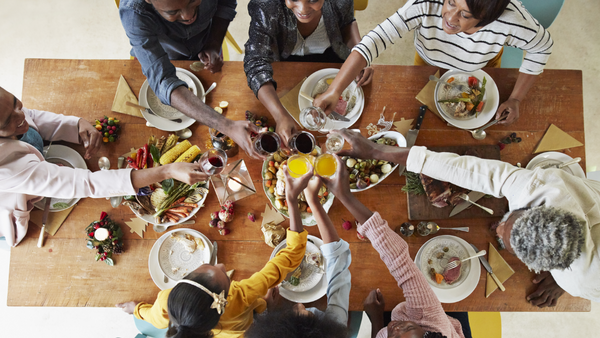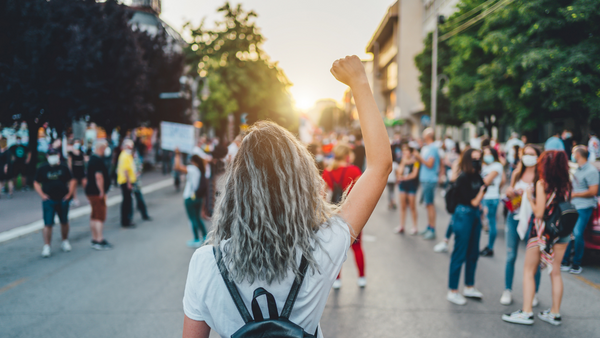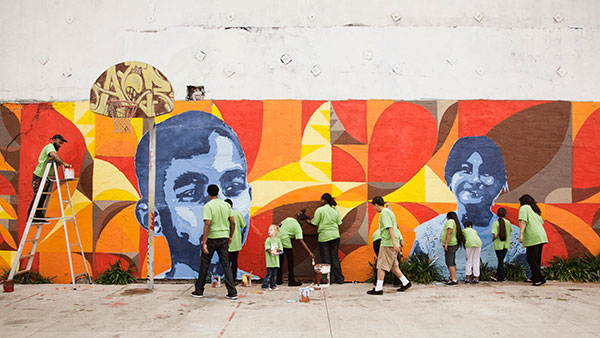In the annual Runnymede Race Debate our speakers, including Sunder Katwala, Catherine Fieschi, Nigel Warburton, Kirsty Hughes and Rob Berkeley, debate the limits of free speech.
The Runnymede Race Debate


London’s Olympic summer projected an image of a nation at ease with itself, united in diversity. And yet a slew of incidents in recent months on the football field, twitter and beyond revealed a more sinister picture, belying any easy assumption that we are living in a post-racial age.
In light of such developments, we will be asking a panel of high profile public figures – “do racists have a right to be heard?”
The event, taking place at the RSA, follows research carried out by the Runnymede Trust and projects supported by Trust for London with potential perpetrators of racist violence, which has found that many institutions and practitioners are fearful of engaging with racists.
Should racists participate in the public arena, so as to be openly challenged on their views? Or by abiding by sacred liberal values and the rights to freedom of speech, do we risk normalising repugnant attitudes? Should those who espouse racist views be shunned or reasoned with? Is it time to re-assess the limits of free speech? Is zero-tolerance the best defence, or does it foster resentment, drive racism underground and store up trouble for the future?
Speakers to include Sunder Katwala, director, British Future; Catherine Fieschi, director, Counterpoint; Nigel Warburton, philosopher and author of Free Speech: A Very Short Introduction; and Kirsty Hughes, chief executive, Index on Censorship
Chair: Rob Berkeley, director, The Runnymede Trust
Supported by the and the Trust for London.



Be the first to write a comment
Comments
Please login to post a comment or reply
Don't have an account? Click here to register.